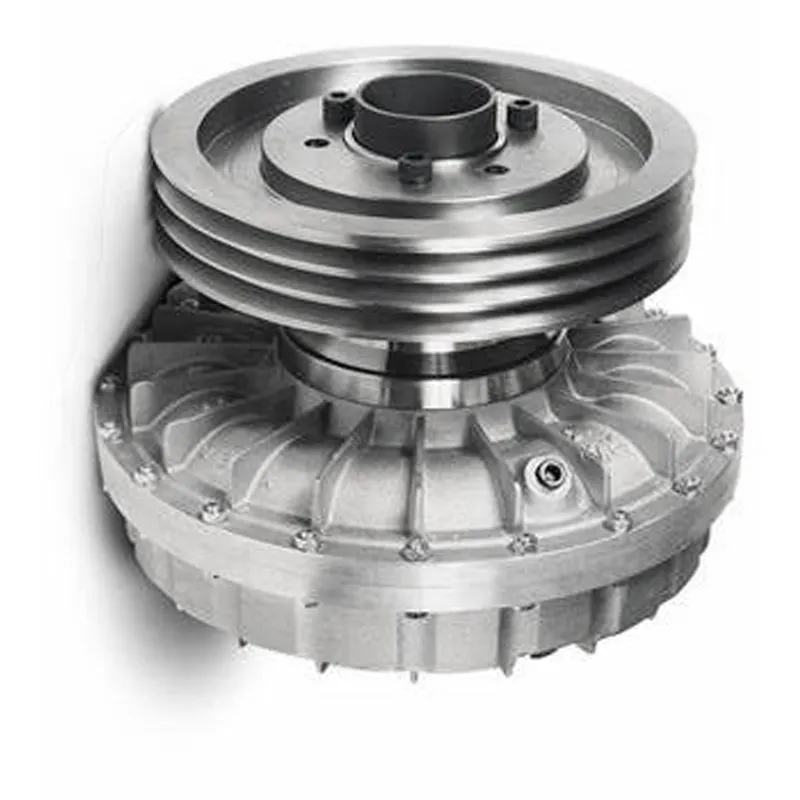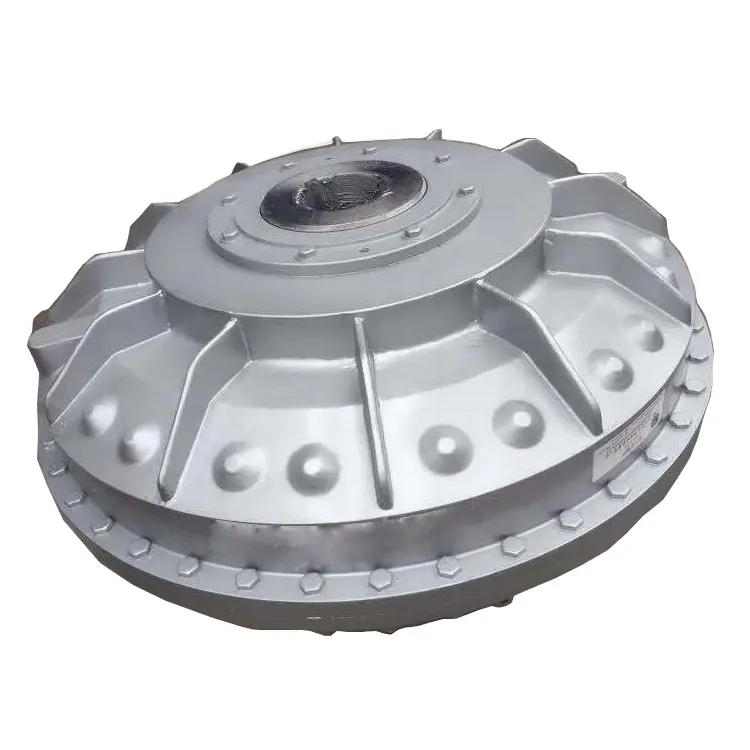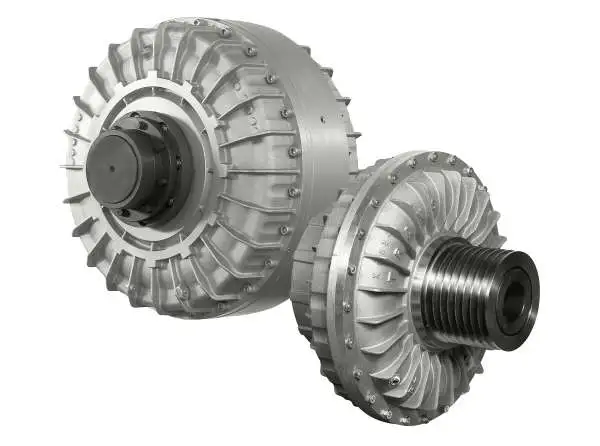Product Description
Sintered Iron Jaw Coupling Hubs Flexible Jaw Coupling Rubber Spider Coupler Powder Metallurgy Jaw Coupler
Product Description
Name: Powder metallurgy/L type claw coupling
Material: Powder metallurgy (pig iron) 45 steel aluminum alloy optional
Material: The rubber pad material is NBR (nitrile rubber)
The L-shaped claw coupling is similar to the plum CHINAMFG coupling and is cast from powder metallurgy material. It has the characteristics of economy, practicality, easy disassembly, light weight, high torque, and wear resistance.
1. L-shaped 3 jaw coupling (powder metallurgy coupling), powder metallurgy is a process technology that produces metal materials, composites, and various types of products by using metal powder (or a mixture of metal powder and non-metal powder) as raw materials, forming and sintering.
2. The powder metallurgy coupling strengthens the connection between the teeth and the main body, making the teeth of the coupling less prone to breakage, more durable, and with a longer service life. The later stage adopts phosphating treatment, which has a beautiful appearance.
3. The rubber pad of L-type 3 jaw coupling is made of NBR (nitrile rubber), which is mainly produced by low-temperature lotion polymerization. It has excellent oil resistance, high wear resistance, good heat resistance, strong adhesion and other characteristics.
Powder metallurgy is an important process for manufacturing high-tech materials. It combines material equipment with metal forming technology to form a special metal forming technology for manufacturing machinery and electrical parts, which is precise, efficient, low consumption, energy-saving, and inexpensive. It is widely used in fields such as automobiles, motorcycles, household appliances, office machinery, agricultural machinery, engineering machinery, and electric tools.
L-type coupling models include L-035 L-050 L-070 L-075 L-090 L-095 L-099 L-100 L-110 L-150
L-type couplings are used in the mechanical field: hydraulic pumps, centrifugal pumps, small generators, blowers, fans, ventilators, belt conveyors, screw conveyors, thin plate bending machines, woodworking machinery, grinders, textile machines, similar machines, cutting machines, winches, generators, cement mixers, cable cars, cable winches, centrifuges, excavators, piston pumps, packers, paper making machinery, compressors, screw pump shearing machines, forging machines, stone crushers, piston compressors, vertical roller presses, welding machines, tribute plastic crushers.
Detailed Photos
Cast lron Jaw Coupling Hubs can help connect shafts together for heavy shock loads in variable-speed andvariable-torque applications. A complete assembly requires 2 hubs and 1 jaw coupling spider, available separately. Nitrile Butadiene Rubber and polyurethane rubber are available to choose.Our company’s powder metallurgy L coupling is include: L035 series, L050 series, L070 series, L075 series, L090 series, L095 series, L099 series, L100 series, L110 series, L150 series. Its product features are economical, convenient and light weight. Without lubrication, the products are exported to more than 40 countries. Rubber gaskets are made of high quality rubber products, oil resistant and friction resistant. Our company also contracts for powder metallurgy and other products.
Service tenet: user satisfaction, quality assurance, integrity cooperation
Product Parameters
Packaging & Shipping
After Sales Service
Service tenet: user satisfaction, quality assurance, integrity cooperation
/* January 22, 2571 19:08:37 */!function(){function s(e,r){var a,o={};try{e&&e.split(“,”).forEach(function(e,t){e&&(a=e.match(/(.*?):(.*)$/))&&1

Suitability of Oil Couplings for High-Temperature Environments
Oil couplings are generally suitable for applications involving high-temperature environments, provided certain considerations are taken into account:
- Oil Selection: Choose an oil with a high temperature resistance and appropriate viscosity for the anticipated operating temperature range.
- Oil Degradation: High temperatures can accelerate oil degradation, so regular oil analysis and maintenance are essential to monitor and replace degraded oil.
- Sealing and Contamination: Ensure the coupling is properly sealed to prevent oil leakage and contamination, which can lead to overheating.
- Material Compatibility: Verify that the materials used in the coupling can withstand the elevated temperatures without compromising structural integrity.
- Cooling Methods: Consider implementing cooling mechanisms, such as forced air or cooling jackets, to dissipate excess heat.
- Operating Conditions: Evaluate the duration and frequency of high-temperature operation and factor in any temperature fluctuations.
When appropriately designed, maintained, and monitored, oil couplings can effectively operate in high-temperature environments, providing reliable power transmission and torque conversion.

Types of Oils or Lubricants Used in Oil Couplings
Oil couplings typically use various types of oils or lubricants to facilitate power transmission and reduce friction between moving parts. The choice of oil depends on factors such as application, operating conditions, and temperature range. Some common types of oils used in oil couplings include:
- Mineral Oils: These are traditional petroleum-based oils with good lubricating properties and stability under moderate temperature and load conditions.
- Synthetic Oils: Synthetic oils are engineered lubricants with superior temperature stability, oxidation resistance, and reduced friction. They are often used in high-temperature or extreme conditions.
- Biodegradable Oils: In environmentally sensitive applications, biodegradable oils are chosen for their eco-friendly properties and biodegradability.
- High-Viscosity Oils: For heavy-duty applications or situations requiring high torque transmission, oils with higher viscosity are preferred to ensure proper lubrication and load-bearing capacity.
- Specialty Oils: Certain applications may require specialty oils, such as fire-resistant oils for safety or food-grade oils for industries like food and beverage.
The selection of the appropriate oil or lubricant is critical to ensure efficient power transmission, heat dissipation, and overall coupling performance. Manufacturers and users should consult the coupling’s specifications and operating conditions to determine the most suitable oil type.

Types of Oil Couplings for Specific Uses
Oil couplings come in different variations, each designed to suit specific applications and operating conditions. Some common types include:
- 1. Constant-Fill Fluid Couplings: These couplings maintain a constant level of fluid, providing consistent torque transmission and smooth operation. They are often used in applications requiring precise control and constant torque delivery.
- 2. Variable-Fill Fluid Couplings: These couplings allow for variable fluid levels, enabling adjustable torque transmission and speed control. They find applications in situations where speed modulation is essential, such as conveyors and certain industrial processes.
- 3. Start-Up Fluid Couplings: These specialized couplings provide high torque during startup, helping heavy machinery overcome initial inertia. Once the machinery is up to speed, the coupling allows for smooth and efficient power transmission.
- 4. Slip Torque Limiters: These couplings are designed to protect equipment from sudden overloads. They slip when the torque exceeds a preset limit, preventing damage to the machinery.
- 5. Centrifugal Couplings: These couplings use centrifugal force to engage and disengage the transmission of torque based on the rotational speed. They are commonly used in applications like lawn mowers and other small machinery.
- 6. Fan Fluid Couplings: These couplings are often used in cooling systems for fans and blowers. They allow for variable speed operation and protect the equipment from sudden load changes.
- 7. Torque Converters: While technically a type of fluid coupling, torque converters are commonly used in automotive applications. They provide variable torque multiplication and enable smooth shifting in automatic transmissions.
The choice of oil coupling type depends on factors such as the desired torque characteristics, speed control requirements, and the specific demands of the application.


editor by CX 2024-03-13
by
Leave a Reply